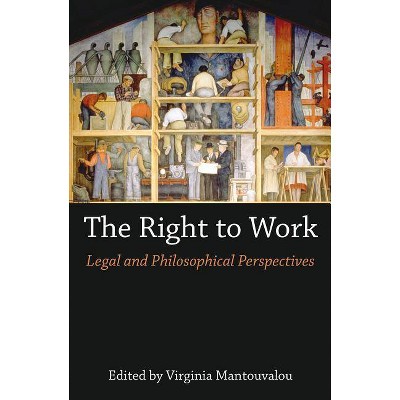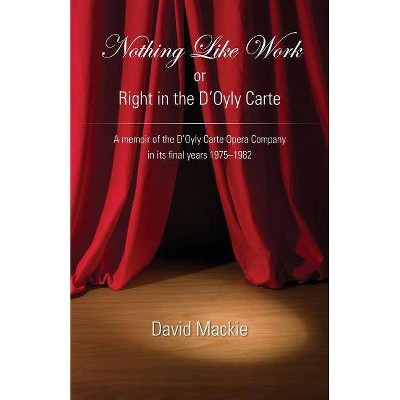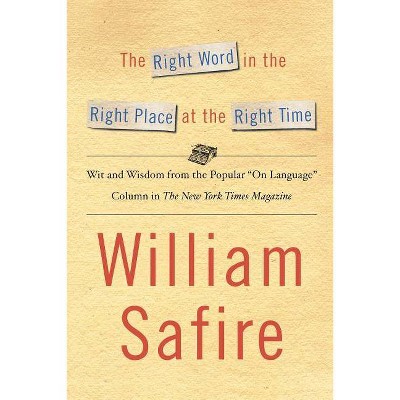The Right to Work - by Virginia Mantouvalou (Paperback)

Similar Products
Products of same category from the store
AllProduct info
<p/><br></br><p><b> About the Book </b></p></br></br>This book addresses the uncertainty and controversy that surrounds the right to work both in theoretical scholarship and in policy-making. It discusses the philosophical underpinnings of the right to work, and its development in human rights law.<p/><br></br><p><b> Book Synopsis </b></p></br></br>The value of work cannot be underestimated in today's world. Work is valuable because productive labour generates goods needed for survival, such as food and housing; goods needed for self-development, such as education and culture; and other material goods that people wish to have in order to live a fulfilling life. A job also generally inspires a sense of achievement, self-esteem and the esteem of others. People develop social relations at work, which can be very important for them. Work brings both material and non-material benefits. There is no doubt that work is a crucial good. Do we have a human right to this good? What is the content of the right? Does it impose a duty on governments to promote full employment? Does it entail an obligation to protect decent work? There is also a question about the right-holders. Do migrants have a right to work, for example? At the same time many people would rather not work. What kind of right is this, if many people do not want to have it? The chapters of this book address the uncertainty and controversy that surround the right to work both in theoretical scholarship and in policymaking. They discuss the philosophical underpinnings of the right to work, and its development in human rights law at national level (in jurisdictions such as the United Kingdom, Australia, Japan, France and the United States) and international level (in the context of the United Nations, the European Social Charter, the International Labour Organization, theEuropean Convention on Human Rights and other legal orders).<p/><br></br><p><b> Review Quotes </b></p></br></br><br>...a fascinating and multi-faceted discourse on the nature of work and the meaning of rights....This slim but complex and weighty book will be an excellent selection for academic libraries supporting advanced or interdisciplinary study in labour law, worker's rights, or human rights - particularly its international aspects.<br/>Canadian Law Library<br><br>...this book provides some deep insights into the thousand faces of the right to work in a number of jurisdictions...The book makes a great contribution to the analysis of this right.<br/>European Journal of Social Security<br><br>Virginia Mantouvalou has assembled a remarkable collection of essays on the 'right to work' (RTW). The provenance, content, efficacy, future prospects and very existence of RTW are contested by many of her distinguished contributors.<br/>The Modern Law Review<br><p/><br></br><p><b> About the Author </b></p></br></br>Virginia Mantouvalou is a Reader in Human Rights and Labour Law, and Co-Director of the Institute for Human Rights at University College London (UCL).
Price History
Price Archive shows prices from various stores, lets you see history and find the cheapest. There is no actual sale on the website. For all support, inquiry and suggestion messagescommunication@pricearchive.us




















